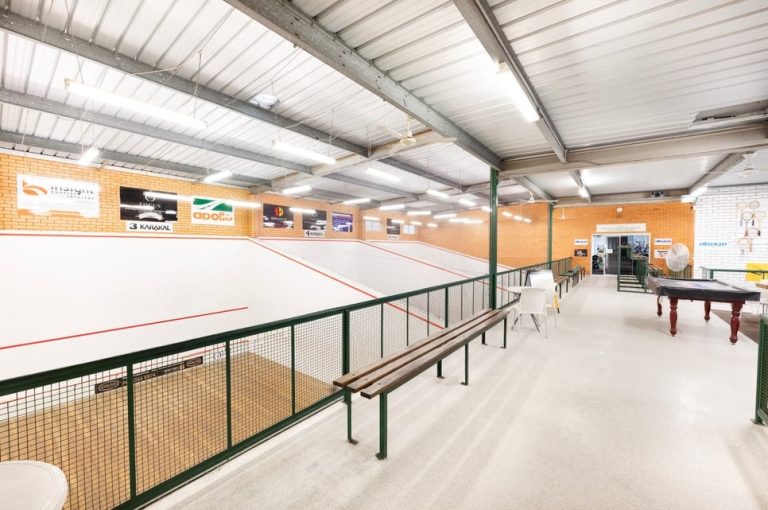How To Evaluate a Commercial Property Investment

Smart commerical property investment can deliver stable, long-term returns, but getting it right isn’t always easy.
Evaluating a commerical property’s potential is the single most important thing any would-be investor must learn to do.
Shane Quinn, executive chairman of Quintessential Equity, a Melbourne-based property group, explains how to do just that.
How can an investor evaluate a commerical property?
Quinn says the first thing investors should do when looking at a property is ask are they buying it at or below replacement value?
If not, there’s a risk of potentially overpaying. Why?
“Someone else could build a building right next door to you and offer that building to the tenant at a cheaper rent than you can,” he says.
“That’s not a place you want to be in; having a second-hand car being more expensive than a new car … that is fundamentally dangerous,” Quinn says.
Investors shouldn’t be interested in an asset that has cashflow but lacks solid property fundamentals, he says.

Calculating whether you’re buying a commercial property above or below replacement value is important.
Beyond that, Quinn says investors should look at the “pure quality” of the investment and how it can be economically and efficiently regenerated, while maintaining cashflow.
“A complicated regeneration or repositioning can be a high-risk proposition if you don’t have extensive experience. And even if you have experience, you can run out of luck in having to do full regenerations, due to unforeseen risks that can’t be accurately assessed in a due diligence process,” he says.
Quinn says investors should also focus on strong tenant demand. “We have a saying that it doesn’t matter how cheap an asset is three hours out of Alice Springs, we are not buying it, due to lack of tenant demand.”
What are the golden rules for evaluating a commercial property?
When looking at a potential investment, Quintessential follows five golden rules.
- Never fall in love with the property
Investors shouldn’t get emotional about a property, but instead treat it like a commodity, Quinn says. “If you fall in love with a property, you might be blinded to its weaknesses or hang onto it longer than you should.”
- You never go broke making a profit
The idea that investors never go loss whilst they’re making a profit is pretty self-explanatory.
And it’s also why it’s vital to remember that property always works in cycles, Quinn says.
“Although we are in a very long cycle at the moment, the desire for commercial property goes up and down and has a massive fluctuation and impact on pricing,” he says.
If an investor has extracted the required and intended value out of the asset, they shouldn’t try and squeeze the last dollar out of it, as it might see them hang onto it too long.

Commercial property always works in cycles.
- Never be blinded by cashflow
It’s important to remember that cashflow is not the be all and end all of commercial property investment. Always be mindful of the replacement value.
“If you are paying more than replacement value because of the cashflow in the asset, when that cashflow expires at the end of the lease, you are left with the price you have paid … which might be a premium compared to new stock. Invariably, tenants will leave old stock and go to new stock if the new stock can be priced more competitively,” Quinn says.
- Always buy below replacement value
“It’s very simple, but why would you pay more for an old asset than a new asset, just because it has running cashflow?” Quinn asks.
- Always buy property you’d be happy to own vacant
Looking at a potential asset, investors should ask themselves if they’d be happy to own it, even if it was vacant.
“If the quality and location of the asset is so good you’d still be happy to own it, it’s a good purchase,” Quinn says.
What is the biggest mistake rookie commercial property investors make?
Quinn says underestimating the impact of a capital expenditure program or regeneration of an asset can catch out new investors.
“Sometimes they get blinded by the cashflow and overpay for the asset, too,” he says.







